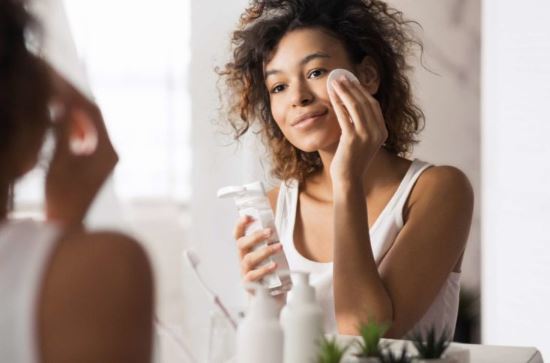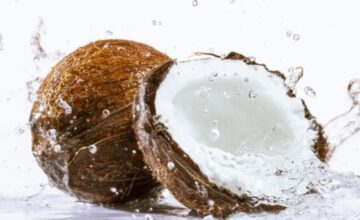
Any physical, mental or environmental stress or change may trigger release of the stress hormone cortisol as a part of our body’s ‘fight or flight’ defense mechanism leading to negative effects on skin.
Cortisol boost stimulates an orchestra of hormonal imbalance which may trigger inflammation around skin cells leading to increased oiliness, frequent breakouts, loss of natural hyaluronic acid weakening the skin barrier, slower repair process, redness flushing, increased flare-ups of psoriasis, eczema, hives, rosacea, early signs of aging, tired look due to puffy under-eyes darkness, evident dullness and fatigue on face.
One can never get rid of any kind of stressors but can definitely adapt to them by learning how to manage them.
Let’s look at a few tips to maintain radiant skin by managing stressors.
1. Manage your stress
Keep a note of your stress triggers, talk to loved ones, seek medical help when required, meditate. Exercising regularly, having a well-balanced diet, timely & adequate sleep pattern, weight control definitely plays an important role in keeping stress at bay.
2. Follow a skincare routine consistently
Formulate a simple skincare routine according to your skin’s needs. Use a cleanser and moisturizer twice a day. Apply a broad-spectrum sunscreen with SPF 30 or more inadequate amounts every 3 to 4 hours. One may incorporate retinoids, antioxidant serums like vitamin C & niacinamide for added benefit. The key is to keep it simple to follow it consistently.
3. Protection from environmental stressors
Environmental stressors like UV rays, pollution, smoking may damage skin tissues. Adequate sun protection and topical anti-oxidants like vitamin C, niacinamide, vitamin E help when incorporated into one’s routine.
4. Managing dryness
Avoid hot showers, refrain from using scrubs or loofahs & moisturize twice to thrice a day. Look for barrier repairing ingredients like hyaluronic acid, ceramides, glycerin, petrolatum, squalene, vitamin E in your moisturizer.
5. Reducing dullness
Hyaluronic acid and ceramides containing products repair skin & prevent dullness. Ingredients like Vitamin C, niacinamides, retinols, glycolic acid, kojic acid, arbutin, lactic acid even out skin tone. Sunscreen application & regular exfoliation is a must.
6. Managing oily skin and breakouts
Use non-pore clogging lighter formulations like serums or gels. Ingredients like retinoids,
benzoyl peroxide, salicylic acid help. Seek early medical help to tackle frequent
breakouts. Clean makeup applicators regularly & remove make-up at bedtime. Always use a moisturizer and sunscreen. Exfoliate once a week. Avoid milk, excessive sugar intake and foods with a high glycemic index.
7. Reducing under-eye puffiness and pigmentation
Restrict salt and alcohol intake, treat allergies, avoid constant eye rubbing, sleep adequately, avoid excessive screen exposure. Products with caffeine, vitamin K1, kojic acid, peptides, retinols, Vitamin C and hyaluronic acid may help. Never skip a moisturizer and sunscreen.
8. Managing rash flare-ups and calming redness or flushing
Stressful triggers may cause a flare in rosacea, psoriasis, eczema or hives. Make a note of triggering factors and avoid or manage them. Seek professional help during flare ups. Always keep your skin well moisturized. Avoid hot showers & products containing fragrance. Always patch test products. Never skip sunscreen.
9. Preventing signs of aging and fatigue
Keep your skin well moisturizedd and sun-protected. Include ingredients that may slow down the aging process like Vitamin C, peptides, retinoids, hyaluronic acid, ceramides.




